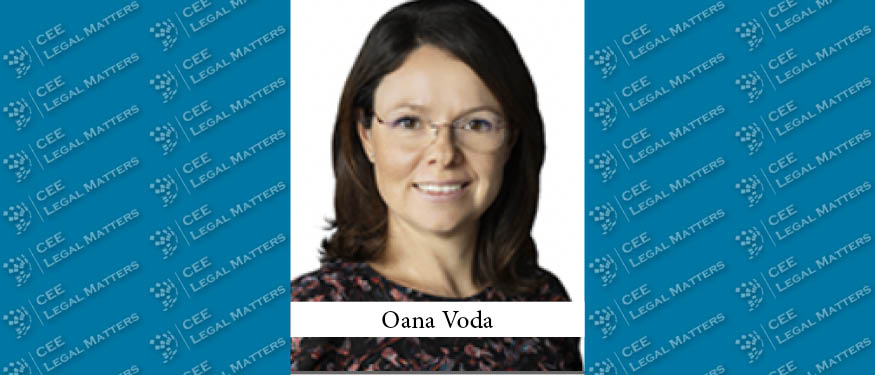In the past year, the European Union has taken major steps to adapt the European defense industrial policy to current challenges.
The first quarter of 2025 marked a significant shift in the European defense landscape, as new proposals aimed at incentivizing defense investments and revitalizing Europe’s defense industry have been put forward by decision-making bodies at the EU level. Below, we discuss recent developments that are set to shape the future of the sector and provide strategic opportunities for defense industry leaders.
EU advances towards a more ambitious European Defense Industry Program
At the beginning of 2024, the European Commission unveiled the European Defense Industry Program (EDIP), designed to turn the ambitions of the European Defense Industrial Strategy into concrete action. Specifically, on 3 March 2024, the European Commission issued the draft EU Regulation establishing the European Defense Industry Program and a framework of measures to ensure the timely availability and supply of defense products (the draft EDIP Regulation). The program aims to provide financial support amounting to approximately €1.5 billion from the EU budget between 2025 and 2027 to boost the defense sector. Additionally, the draft EDIP Regulation envisages the provision of financial support for investment, including EU grants to incentivize joint procurement from the European defense industry and to de-risk investment in the European defense industry's production capacity.
Under the EDIP, funding can take the form of grants, prizes, procurement and financial instruments within blending operations under the InvestEU program. Recipients of funding must meet certain eligibility requirements related to the place of establishment, as well as to the infrastructure, facilities, assets and resources to be used for the purposes of the action.
Recently, on 24 April 2025, in an important step forward, the European Parliament’s Committees on Industry, Research and Energy, and on Security and Defense confirmed their position on the EDIP, backing a “buy European” push and broader defense cooperation. This means that under EDIP only products whose cost of components originating in the EU or associated countries represents at least 70 percent of the estimated end product value will be funded. Also, eligibility rules for European defense projects of common interest are updated, so the projects must now involve at least six Member States, or at least four countries highly exposed to conventional military threats—with Ukraine also set to take part.
The draft EDIP Regulation is still in its legislative stages. The next step is to open negotiations with the Council to finalize the law. It is to be expected that it will come into force no later than mid-2025.
EC issues proposal for a regulation to incentivize defense investments in the EU budget to implement ReArm Europe
On 22 April 2025, the European Commission issued a proposal for a regulation aimed at incentivizing defense-related investments in the EU budget in order to implement the ReArm Europe plan.
The proposal seeks to amend Regulation (EU) 2024/795 of the European Parliament and of the Council of 29 February 2024 establishing the Strategic Technologies for Europe Platform (STEP), along with the regulations governing other programs covered by STEP, namely the European Defense Fund, the Digital Europe Program, and Horizon Europe. It also introduces changes to the Act in Support of Ammunition Production (ASAP) Regulation, issued in support of ammunition production and the Connecting Europe Facility (CEF), further directing EU funding towards defense industries and technologies.
More specifically, the Digital Europe Program aims to support dual-use projects, services and applications—a major step toward deploying and operating AI Factories and next-generation AI Gigafactories, large and very large networks of supercomputers, essential for developing, training, and running cutting-edge, large-scale AI models critical to the defense sector. Furthermore, under the updated Horizon Europe Regulation, the European Innovation Council will broaden its reach to fund startups focused on dual-use and defense-related technologies, offering a fresh wave of opportunities for emerging players in the market.
According to the new proposal, Member States are allowed to transfer resources allocated to them under cohesion funds to European Defense Fund and ASAP programs, which provide new financial flexibility. Notably, the ASAP Regulation’s application is extended until 31 December 2026, offering more time and resources to strengthen Europe’s defense production.
It’s also important to note that envisaged revisions to the Connecting Europe Facility will make it easier for Member States to transfer cohesion funds to the CEF into dual-use transport infrastructure projects. In parallel, the CEF Digital program will be expanded to support key dual-use digital capacities—including cloud infrastructure, AI, and 5G networks—boosting Europe’s strategic autonomy in defense technologies.
As Europe continues to advance its defense and security strategies, recent policy and legislative advancements set the stage for a more resilient and innovative defense industry. On a national level, against Romania’s national defense industry strategy (which prioritizes the revitalization of munitions production capacities and the promotion of foreign direct investment), these developments create new opportunities for collaboration and growth, and are of high relevance for major players in the sector. The coming months will be pivotal in shaping how these initiatives unfold, and industry actors must stay engaged in order to leverage these emerging opportunities.
By Oana Voda, Senior Counsel, Dentons


